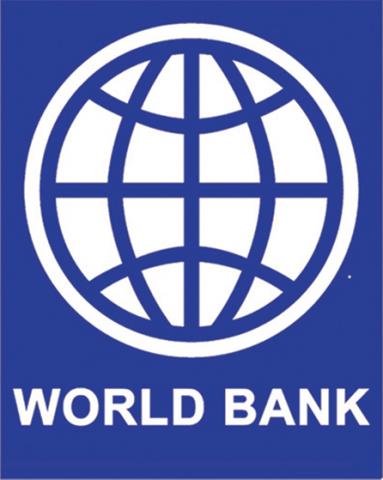Nigeria loses $1.5 bn to vitamin, mineral deficiencies yearly – World Bank

Abuja – A World Bank Specialist on Welfare Economics, Prof. Foluso Okunmadewa says Nigeria loses 1.5 billion dollars in Gross Domestic Product (GDP) annually to vitamin and mineral deficiencies. Okunmadewa said this at the Stakeholders’ Dialogue on the reviewed Draft National Policy on Food and Nutrition (NPFN) by the Federal Ministry of Budget and National Planning on Thursday in Abuja. The specialist, who congratulated the Federal Government for pulling together the NPFN, said it was heart-warming for the government to prioritise the issue of its agenda. “It is pleasurable to see that the issue is being given attention, especially given the persistently high levels of stunting (37 per cent) in Nigeria. “It is also pleasing to see that the issue is being addressed, given the increasing trend in wasting (severe malnutrition) and underweight,’’ he said. According to him, cost benefit analysis shows that nutrition interventions are highly effective and can actually increase GDP of a country. Okunmadewa said that the World Bank appreciated that the issue of food security and nutrition was on the front burner in the country’s agenda. “We strongly believe that this time it will be concluded and concretised. “We appreciate the layout of the policy document including the emphasis on the guiding principles, the goals and strategic objectives and targets- even though we think the targets merit some revision. “The strategies for the achievements of the objectives and targets are quite laudable and do resonate with the World Bank. “This is in terms of our partnership on agriculture, education, health and social protection in Nigeria,’’ he said. Also speaking, Mr Paul Mudzongo, UNICEF’s Nutrition Specialist said that the policy was an important instrument which would help stakeholders to be more coordinated. Mudzongo said that the policy would enhance synergy toward reducing the scale of malnutrition in the country. He said that UNICEF would be glad to support the process of implementing the policy. “Implementation is what is critical for us as an organisation, so let us move on to the next stage and I think UNICEF stands ready to support the policy’s implementation. “One day, the policy will require an action plan and we will be ready to support the process of developing an action plan to support the policy,’’ the specialist said. The Reviewed National Policy on Food and Nutrition in Nigeria will provide an overarching framework covering the multiple dimensions of food and nutrition improvement. The policy has been reviewed to add value and strengthen synergy among other initiatives of government and partners. It will recognise the need for public and private sector involvement, an indication that hunger eradication and nutrition improvement is shared responsibility of all Nigerians.
Source: Vanguard
